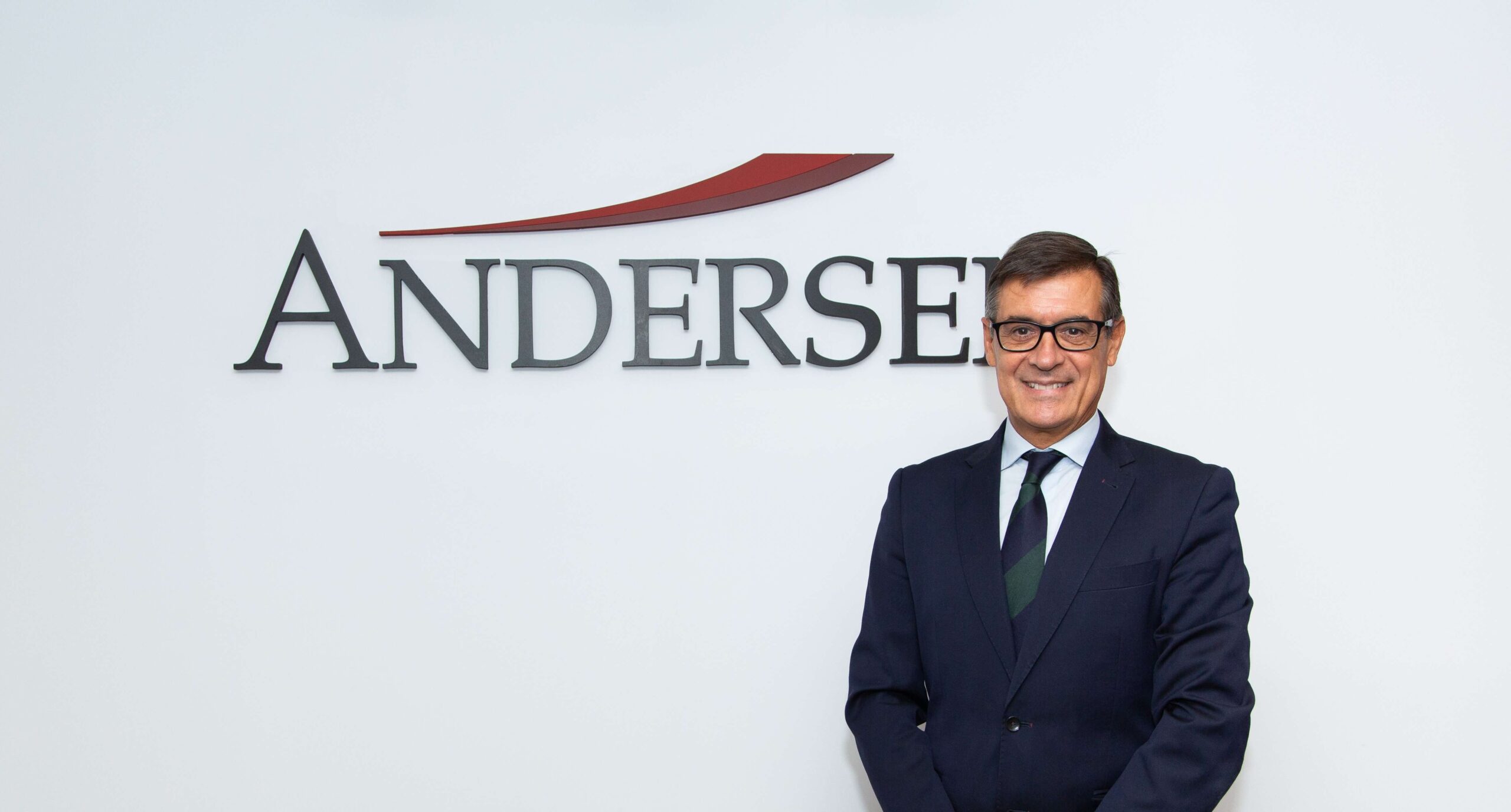En un mercado cambiante, las empresas exitosas precisan de un equipo de trabajo dispuesto a ejecutar la transformación necesaria para llevarlas al siguiente estadio de (r)evolución.
En la industria de viajes esta realidad no es distinta, más aún si tenemos en cuenta la escasa lealtad del cliente y una competencia online que no deja tregua.
Por lo tanto, un grupo fuerte de personas es la única solución para transitar por el camino correcto.
Toda nuestra organización debe estar bien definida, seleccionada, alineada, coordinada, formada, capacitada y motivada para lograr un objetivo común.
Y necesitamos liderarla de forma eficiente para conseguir los resultados. Un buen trabajo en equipo es el eje vertebrador que conduce al éxito empresarial.
Todos los seres humanos queremos ser alguien, que es parte de algo, que va a alguna parte.
Por lo tanto, ¿cómo debe configurarse un equipo de trabajo para competir eficazmente en la industria de viajes? Desde BRAINTRUST vamos a reflexionar sobre cinco aspectos fundamentales para aportar un poco de luz en torno a esta materia:
1. Primero, un sentimiento de identidad y compromiso.
En primera instancia deben valorarse las cualidades personales de los trabajadores. La experiencia previa y los conocimientos teóricos son importantes, pero resulta fundamental explorar actitudes como la voluntad de colaboración, la ética en las relaciones interpersonales o la creatividad, o incluso el propio trabajo en equipo. Hay que impulsar una creencia sincera en las posibilidades de la compañía y un espíritu de superación que haga frente a toda clase de desafíos. Esta acción es valiosa porque todo empleado necesita sentir que su identidad se alinea con una identidad colectiva.
El CEO de la empresa es el actor ideal para transmitir este mensaje, ya que nadie conoce mejor la esencia de la organización. Y ha de comunicar de forma clara la visión de la compañía (quién es, y a dónde va), la misión (para qué está en el mercado y qué problema resuelve a sus clientes), los valores (con qué herramientas va a dotar a sus empleados en el camino), y la estrategia (cómo piensa recorrer dicho camino y qué alternativas existen si suceden imprevistos).
Estos pilares resultan indispensables para garantizar el esfuerzo y el compromiso de nuestros empleados, y serán la semilla para crear la cultura organizacional y sentar las bases sobre las que trabajaremos en la empresa. Si el equipo que conforma la plantilla confía activamente en el proyecto, y está plenamente comprometido, ofrecerá mejores servicios basados en el asesoramiento, la especialización y la personalización, y en la comercialización de servicios de valor añadido, las personas son la clave y hacen la diferencia.
2. Analizando las competencias profesionales y alineándolas con los requisitos del puesto de trabajo y los objetivos de negocio.
En los distintos proyectos que venimos trabajando para nuestros clientes nos encontramos con la casuística de que, de forma habitual, se crean puestos para las personas, cuando la realidad es que son las personas las que deben ocupar los puestos que el negocio necesita y no al revés.
Para ello es necesario definir primero el puesto que necesitamos dentro de la organización, qué objetivos queremos que cumpla, cuáles son las responsabilidades principales del mismo, para posteriormente describir qué competencias y conocimientos son necesarios para dicho puesto, y en función de ese perfil seleccionar al candidato más idóneo.
Esta metodología es clave si queremos ser exitosos en nuestra organización, y que las personas cumplan con sus objetivos, logren alcanzar los resultados esperados, optimizando de esta manera nuestros recursos, y logrando una mayor motivación de la plantilla.
3. Formando y capacitando a las personas.
Una vez que tenemos al candidato seleccionado, será la hora de que comience a desempeñar su función con un “job description” adecuado, y unos objetivos claros y definidos en un formato “smart”, de forma que tenga metas establecidas a corto, medio y largo plazo, camino en el cual deberemos ir formándole y capacitándole para cumplir con la función que le hemos encomendado.
El empleado transitará unas veces por sendas conocidas en las cuales sabrá desenvolverse, y otras por rutas inexploradas por las que nunca ha pisado, y para las cuales deberemos formarle en conocimientos y capacitarle en habilidades, bien sea a nivel teórico o a nivel más práctico, y en algunos casos con “training on the job”. No se trata de ofrecer formación por el mero ejercicio de proporcionarla, sino que debemos ajustar el contenido de la misma a las necesidades de su puesto, que le ayude a alcanzar sus objetivos de negocio, y con la vista puesta en su crecimiento como profesional y como persona.
Los empleados son los que hacen realidad una Experiencia de Cliente positiva, y en la era de la Economía de la Experiencia, sólo las personas ponen un sello diferente.
4. Midiendo, reforzando y acompañando a nuestros empleados.
Como cuarta fase de este proceso, una vez formados y capacitados, los empleados deben ser medidos en el desempeño de sus funciones a través de una evaluación periódica que analice qué han hecho y cómo, qué logros han obtenido y por qué, qué áreas de mejora tienen por delante, y qué nuevos objetivos serán definidos, el líder debe estar disponible para recorrer juntos ese nuevo camino trazado.
Adicionalmente y con esta información, la plantilla, al menos al nivel de mandos intermedios hacia arriba deberían contar un proceso de acompañamiento por parte de un experto en entrenamiento o coach, que les ayuden a sacar lo mejor de sí mismos, a explotar mejor todas sus habilidades, que, soliendo ser muchas y muy buenas, la mayoría de las veces se quedan tapadas por inseguridades, indefiniciones, falta de comprensión, dudas y miedos a fallar en sus cometidos, fruto de experiencias pasadas y/o ansiedades ante el futuro.
En definitiva a descubrir toda la “artillería y municiones” que llevan dentro, un buen coach siempre con un ángulo externo y un enfoque objetivo y asertivo, descubre y destapa lo mejor de cada uno y ayuda al empleado a desarrollarse, a crecer, y a desempeñar mejor sus tareas, para posteriormente ubicar al empleado en un mapa de desarrollo de carrera.
5. Ejerciendo un liderazgo moderno y participativo, todos a una.
Tener un buen ambiente laboral es clave… ofrecer a un equipo servicios como gimnasio, comida gratis o seguros de salud son incentivos que ayudan a transmitir una buena voluntad por parte de la empresa, lo cual repercute en un mejor ambiente de trabajo, pero sólo es posible en las grandes empresas, y no en todas. La rutina en un entorno agradable ayuda a las personas a sentirse positivas y motivadas, aunque no siempre está disponible.
Pero la clave de la retención y desarrollo del talento es el liderazgo que se ejerce sobre las personas, las estadísticas dicen que la mayoría se van de las empresas por sus jefes, por lo que ejercer un liderazgo moderno y participativo es clave para pilotar las empresas del siglo XXI. En este sentido, en casi todas las empresas clientes para los que trabajamos, una buena parte de los mandos son empleados de base que han ido ascendiendo en el escalafón, a base de un excelente trabajo, pero nunca les han enseñado cómo liderar personas, y se esmeran en hacerlo lo mejor posible, a su forma, como mejor pueden.
Un buen entrenamiento con conocimientos, métodos en liderazgo situacional, que incluya un ejercicio de análisis 360º se torna en imprescindible para capacitar a los líderes a ejercer mejor su misión, y transportar de esta forma a todas las personas al siguiente estadio de transformación requerida por las empresas.
Para Ángel García Butragueño, Co-Director del Barómetro Turístico BRAINTRUST, “Las compañías las seguimos conformando las personas, seres humanos que aportamos valor al negocio. Por eso es fundamental que nuestras empresas las compongan personas con talento, capacitadas y motivadas, para recorrer el camino del futuro, no exento de retos pero lleno de oportunidades, donde todos los sectores están en pleno proceso de cambios. Y los líderes tenemos que ponernos al mando y pilotar la aventura de la transformación. El liderazgo pasa a ser moderno y participativo, dentro de organizaciones menos jerárquicas, más planas pero más coordinadas y motivadas. La tarea de un líder es llevar a su equipo hasta no ha llegado jamás”.
Según José Manuel Brell, Co-Director del Barómetro Turístico BRAINTRUST, “Nos dirigimos a un paradigma económico donde la colaboración va a ser fundamental en todas las industrias, y más concretamente en el sector turístico, y este hecho debe empezar en el seno mismo de la empresa. Los procesos de capacitación son vitales para fomentar una mejor actividad en equipo que nos lleve a la consecución de resultados, aspecto clave para la viabilidad de una empresa a corto plazo, medio y largo plazo. Y nos dirigimos hacia la era del agile organization, donde la coordinación será fundamental . El talento hay que atraerle, retenerle, desarrollarle, gestionarle y conducirle”.
En BRAINTRUST podemos ayudarte a definir tu organización idónea, configurar mejor tus equipos de trabajo y optimizar sus resultados. Disponemos de los mejores medios para diseñar la organización óptima, describir sus funciones y responsabilidades, analizar las habilidades, formar, capacitar y motivar.









